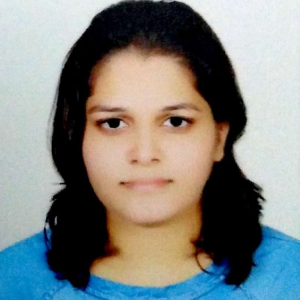Title : Identification of cis-regulatory elements in response to ionizing radiation and genotoxin treatment in Arabidopsis thaliana
Abstract:
Various environmental and endogenous cellular stresses may lead to the generation of DNA damages ((e.g., DNA double-strand breaks (DSBs)) in plant genome, which are detrimental for plant genome integrity and cell survival, if left unrepaired. Therefore, plants have evolved efficient repair mechanisms for the repair of DSBs such as non-homologous end joining (NHEJ) and homologous recombination (HR). HR requires the DSB-induced small RNAs (diRNAs), which aid in the recruitment of a repair machinery to DSB sites. Argonaute 2 in A. thaliana (AtAGO2) plays an important role in guiding diRNAs to DSB sites. The molecular mechanisms underlying the AtAGO2 expression in response to DSBs have been remained unclear. Using stable transgenic Arabidopsis plants expressing a sequentially deleted promoter fragment fused with the β-glucuronidase reporter gene, we identified a DSB-responsive 20 bp cis-regulatory region spanning from -391 bp to -371 bp from 1.3 kb 5’ UTR of AtAGO2. An in silico analysis using the AthaMap predicted putative cis-regulatory sequences, AAACCACACC, in the 20 bp region. An electrophoretic mobility shift assay further demonstrated that the nuclear proteins extracted from the zeocin-treated A. thaliana have preferred binding activity with the predicted 10 bp nucleotides, but not with that of control plants. Together, we propose that the 10 bp sequences contain cis-regulatory elements required to activate the expression of AtAGO2 in response to DSBs.



